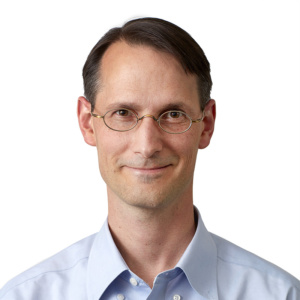
Luke McKneally – Project Manager, AIA, LEED AP joined New Ecology in 2014. A registered architect with over 20 years of diverse design and project development experience in architecture and renewable energy systems development and a US Green Building Council LEED accredited design professional, he specializes in energy-efficient, environmentally responsive design and the use of renewable energy in buildings. After graduating from Syracuse University School of architecture in 1994, Luke worked in New York and travelled the world to see other cultures and approaches to architecture. During his first decade of practice, Luke trained and became a registered Architect in Boston under the guidance of talented principals at The Stubbins Associates (now KlingStubbins), Lindsay Architecture Associates, and Einhorn Yaffee Prescott (now EYP). During that period, he became increasingly involved in sustainability and environmental issues and took a sabbatical to expand his knowledge of living systems. He earned his Masters degree in Biology from Harvard, performing his graduate research at the Organismic and Evolutionary Biology Laboratories while also providing weekly presentations at Boston’s Museum of Science to broaden public understanding and appreciation of science. Luke returned to architecture at Solar Design Associates, a pioneering renewable energy Architecture and Engineering firm, where he practiced architecture and managed renewable energy integration and development projects for over 7 years. Now at New Ecology, Luke is pleased to be furthering the sustainable design of each project he is involved in, especially low-income multifamily housing. Luke is focused on improving the efficiency and sustainability of each building’s materials, systems, and construction to provide owners and tenants with durable and healthy buildings that make a positive impact on our environment. Wherever possible, he looks for opportunities to integrate renewable energy systems and strive for carbon neutrality, with fewer fossil fuels.

